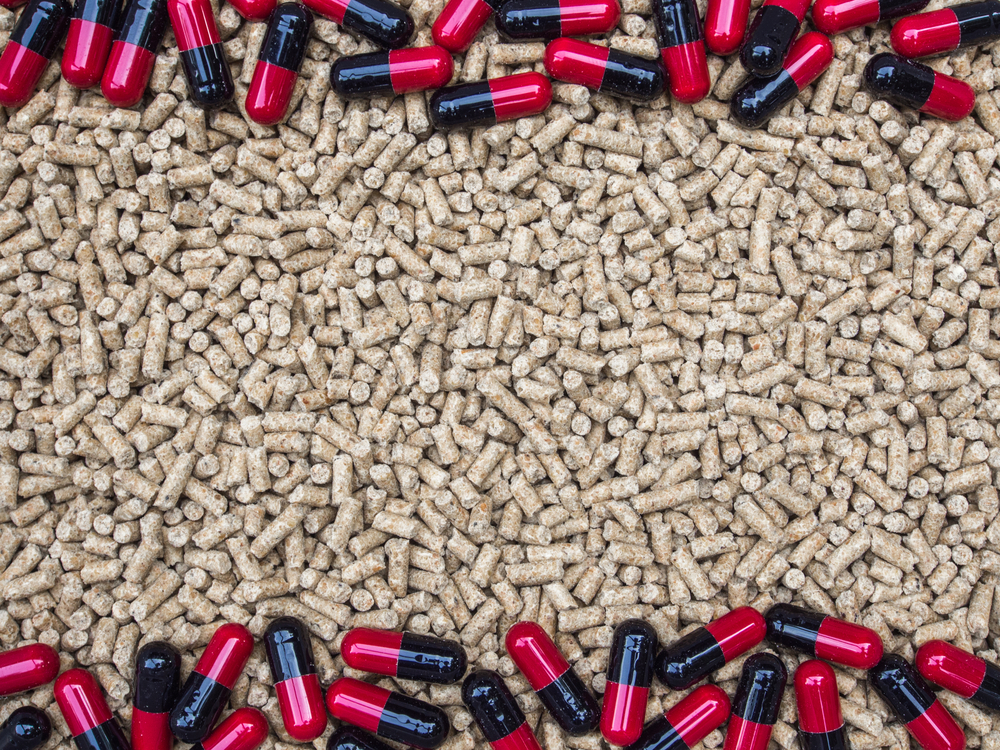Welsh’s next steps in addressing antibiotic resistance in animals, including £2 million funding and a new expert advisory group, are unveiled.
The Welsh Government has published a final review of the 2019-2024 AMR in Animals and the Environmental Implementation Plan.
Based on five years of progress, this is Wales’ first coordinated approach to addressing AMR in the food and agriculture industry and the wider society.
Next Steps in the Plan – Over the next five years, it will include the new Welsh AMR Animal Health Group, which was established to provide expert guidance to farmers and veterinarians.
Animal AMR concerns are rising
Antibiotic resistance in animals is a concern that poses a significant risk to both animal and human health. It occurs when an animal’s bacteria, viruses, fungi, or parasites are resistant to the drugs used to treat infections due to overuse or misuse of antibiotics or other antibiotics in veterinary medicine.
This resistance can develop through the routine use of antibiotics in edible animals to promote growth, prevent disease, and treat infections. Resistant pathogens spread from animals to humans through direct contact, animal product consumption, or environmental exposure, making certain treatments more effective, leading to infections that are more difficult to treat in both animals and humans.
Addressing animal AMR requires improved antibiotic management, improved infection control practices, and increased awareness of the implications of resistance across the food chain.
Promote responsible use of antibiotics
The Animal Health Group recommends Wales’ new Animal AMR Control Plan (2025-2029), consistent with the UK’s National Action Plan on Antibiotic Resistance.
To support the plan, the Welsh government also awarded the Alwain DGC Consortium £2 million in funding.
Arwain offers AMR controls, and a new phase of the program allows Wales to tackle responsible use of AMR and antibiotics.
Huw Illanca-Davies, Wales’ vice minister responsible for rural areas, said:
The funding will support Phase 3 of the Irwain program, which includes several workstreams, including continuing the Veterinary Prescription Champions Network across 44 Welsh Veterinary Practices.
It will also continue to collect antibiotic use data from at least 4,500 Welsh farms and monitor AMRs in cattle and sheep through farm sampling.
Future challenges for the Welsh agricultural industry
Wales Chief Veterinary Officer Richard Irvine highlighted the scale of challenges in Wales’ agriculture and economy as a whole.
“The effects of antibiotic resistance continue to be destructive and costly, not just for animal keepers and veterinarians, but also for the wider society,” he explained.
“Drug-resistant organisms pose direct risks to both people and animals and can spread to the environment. That’s why one health approach is important to connect public health, animal health and the environment.”
Source link

